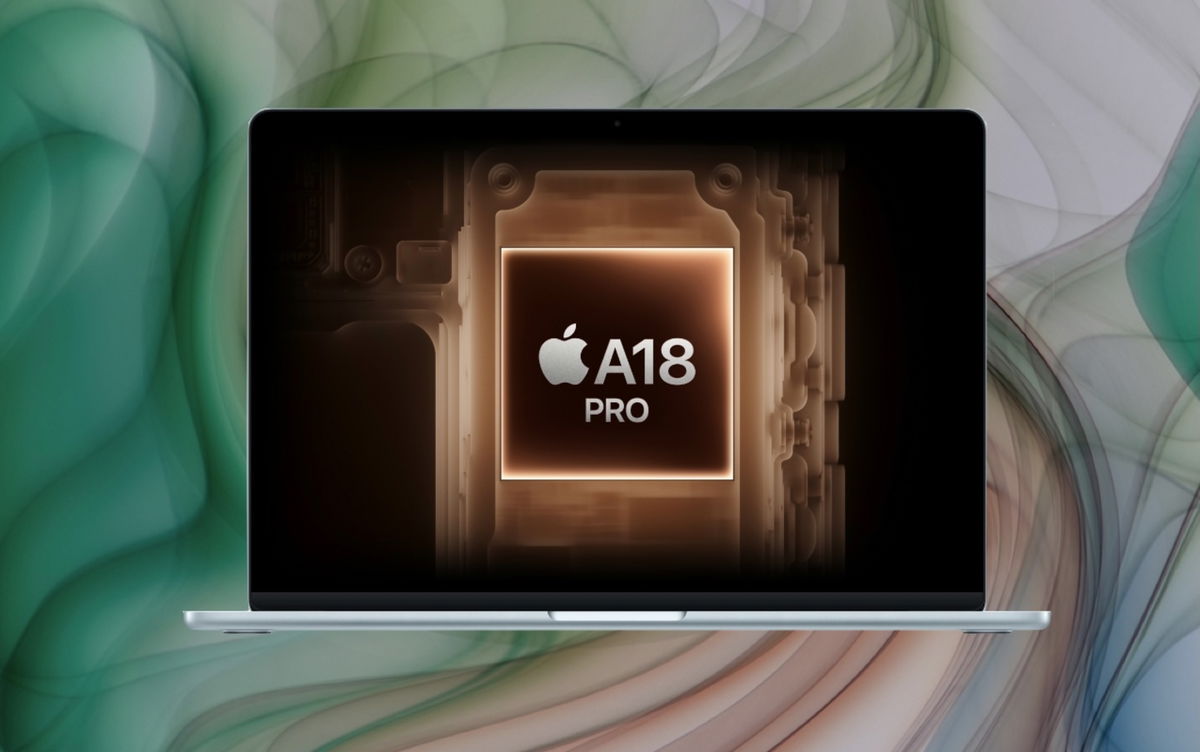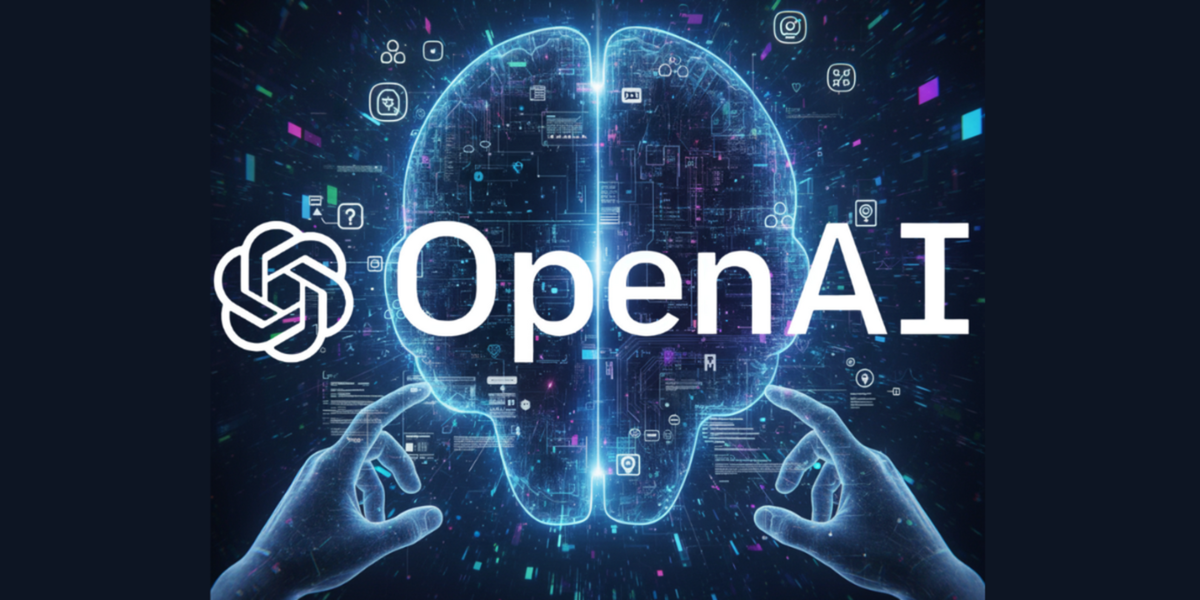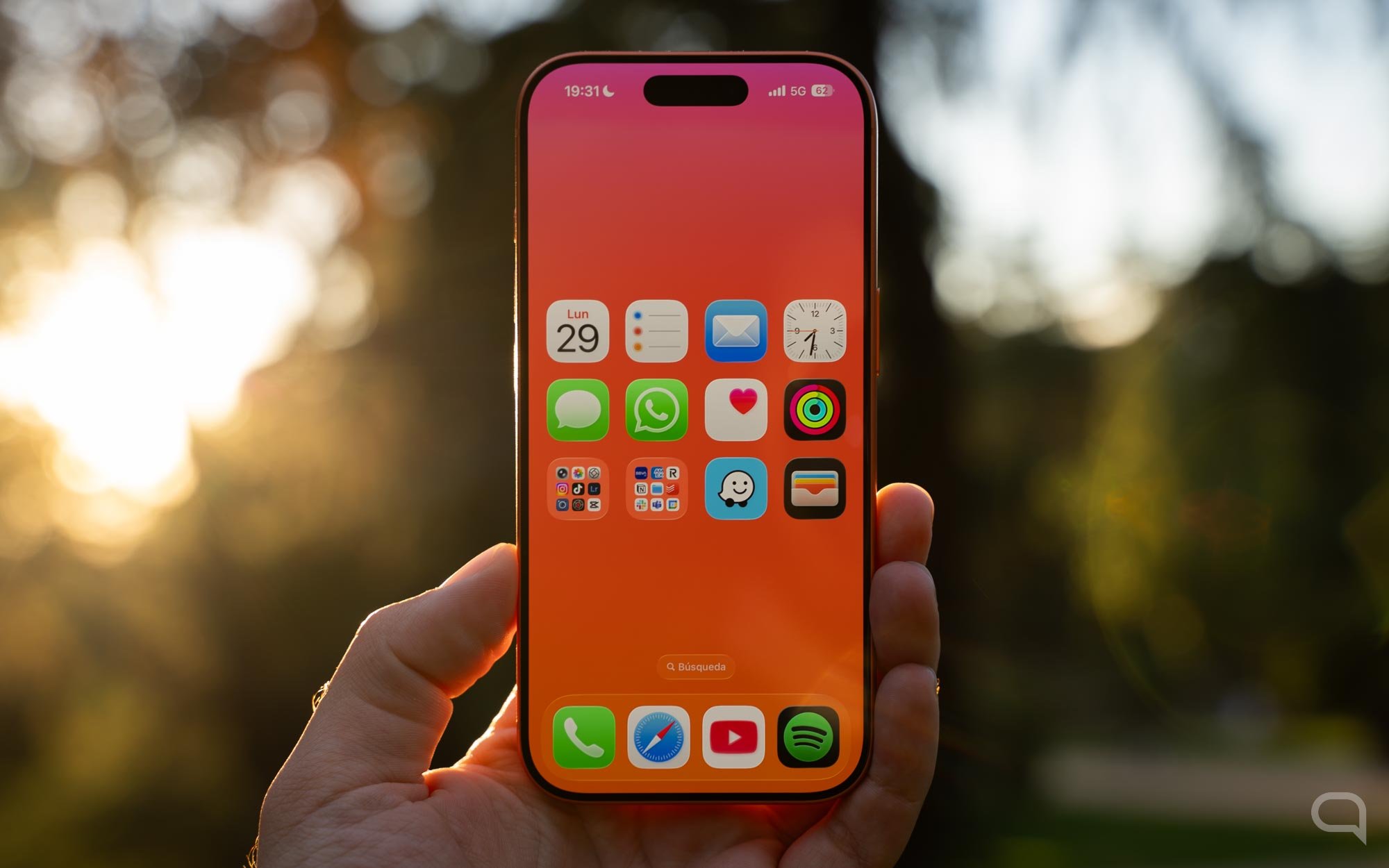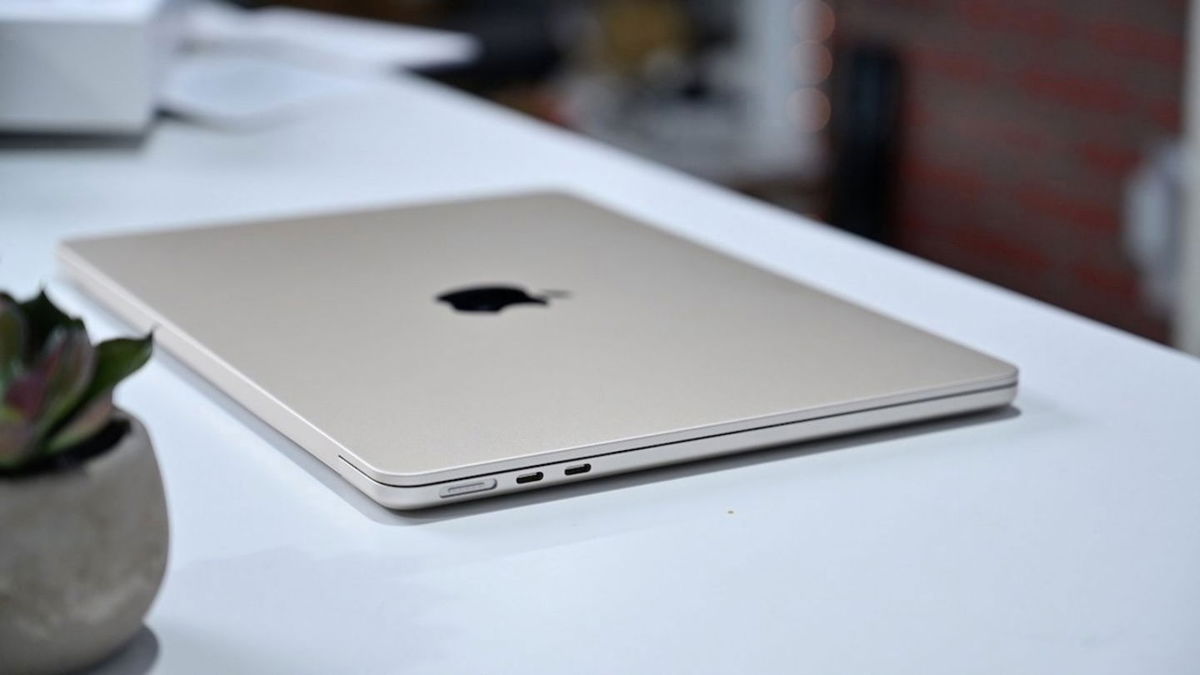iOS 17.4 It contains dozens of changes that will affect the way we interact with the iPhone operating system. This is all in line with new European Union rules known as the DMA (Digital Markets Act), which force the company to allow alternative app stores. That is, applications can be installed without going through App Store from Apple.
On the surface, this seems like a good idea, although there are dozens of implications, especially security, behind the decision to allow installation of apps from alternative stores.
This and other changes that will take place in early March present an interesting case of the unstoppable force paradox: what happens when an unstoppable force collides with an unstoppable object? On the one hand, the European Union is forcing Apple to open its iPhone ecosystem to third parties; there is no other way out. It will happen. But on the other hand, the company needs – yes or yes – to maintain the security of its users.
These are two concepts that are directly opposed to each other, and there is no completely good solution. Apple has responded to the DMA with a series of measures in which it is trying to mitigate the risks. But Spotify described the measures as extortion and “a violation of the law.” Apple responded to these statements in an official statement Hypertext:
“We are excited to support the success of all developers, including Spotify, which has the most successful music streaming app in the world. The changes we’re sharing for apps in the European Union give developers choice by offering new options for distributing iOS apps and processing payments. All developers can keep the same current conditions. And given the new conditions, more than 99% of developers will pay Apple the same or less.”
One of the reasons Spotify, along with Microsoft and Epic, claims that Apple’s changes are extortion is the new fee, known as Core technology fee– which he implemented using his technology for those applications that do not use the App Store.
Apple retains a percentage for app purchases or digital goods sales in exchange for distributing the apps in its store. In exchange, you stop paying for the use of a number of related technologies.
Apple’s position is that if a developer chooses not to use the App Store – and therefore stops paying a percentage of the sale of their app or digital goods – then they must now pay to use the App Store technology. This fee is €0.50 per installation. and only applies to apps that have more than one million installs on iOS devices. And it is not retroactive, that is: if there are 999,999 installations, a total of 0 euros is paid. If there are 1,000,000 installations per year, the total payment will be 0.5 euros.
This applies to both free and paid apps that choose not to use the App Store – we assume Spotify will be interested in this model to be able to sell its subscriptions without paying Apple a percentage. But here comes the problem with streaming audio. Platform: Has about 200 million installations on iPhone..
This is especially problematic for Spotify because as of 2016, it stopped accepting subscription payments directly from iPhones—and thus not paying Apple a commission on sales. Then, in the summer of 2023, the company moved all of its users from a paid plan from iOS to a free plan. And it prompted those users to reactivate their subscription on devices other than an Apple smartphone.
And because free apps don’t pay Apple any distribution fees, Spotify paid the company virtually nothing for years to distribute its app to hundreds of millions of people.
It’s worth remembering that it was Spotify that sued Apple in 2019 for monopolistic practices and was partly responsible for the DMA’s enforcement of these measures, which affect iPhones and iOS in the European Union.
Two Spotify options
Considering the situation, Spotify He claims he has two options. Support the current model, a free app without paying Apple, but users will have to activate the subscription from other devices. An alternative is to distribute your app from a third-party store with the benefit of activating paid subscriptions without paying Apple a percentage. but pay €0.50 per installation per year, starting from a million installations..
Spotify wants the former, but not the latter. That is, they want all the benefits of Apple technology without paying a cent for it or for using the distribution infrastructure. Other companies with strong video game intellectual property such as epic And Microsoft They are in the same position.
And everything will remain so, unless after these changes Europe decides to force Apple to make some other modification. But that doesn’t seem to be the case. After all, it is normal for a company to want to make its investment profitable.
Source: Hiper Textual
I’m Ben Stock, a highly experienced and passionate journalist with a career in the news industry spanning more than 10 years. I specialize in writing content for websites, including researching and interviewing sources to produce engaging articles. My current role is as an author at Gadget Onus, where I mainly cover the mobile section.












